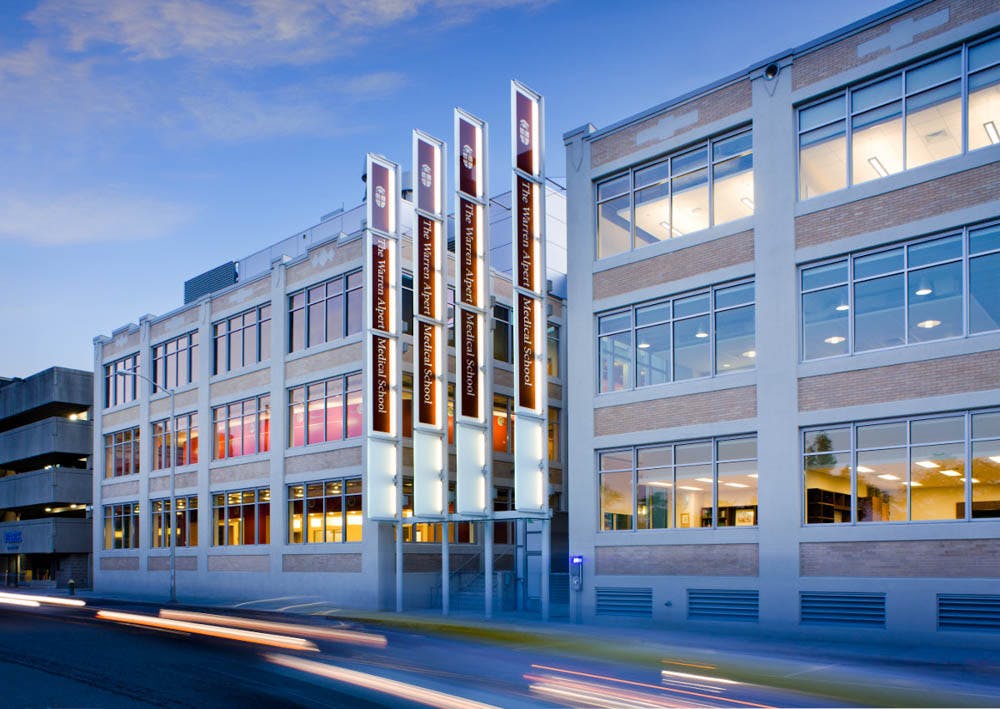The Warren Alpert Foundation donated $27 million to the University to expand the MD/PhD program and endow a new professorship at the Brown Institute for Translational Science, the University announced Monday in a press release. The $27 million gift comes almost a decade after the foundation’s initial $100 million donation that established the name of the medical school in 2007.
Of the donation, $22 million will go toward offering tuition assistance and research stipends for the MD/PhD program, according to the press release. The remaining $5 million will endow the professorship at BITS.
The donation overall serves to bolster the University’s efforts in translational science. BITS, which launched last fall, aims to convert scientific research into medical treatment by bringing together both commercial experts and faculty members, according to the institute’s website.
“Translational medicine needs physicians who take care of patients but also work on the mechanisms of disease their patients are experiencing,” said Jack Elias, dean of medicine and biological sciences and chief of translational medicine. He hopes to build teams made of physician-scientists and PhD scientists to work on understanding diseases together.
The MD/PhD program will combine the tremendous basic knowledge that comes with a PhD and the clinical knowledge obtained from an MD, Elias said. The program allows students to gain an understanding of diseases and the patients they work with while also delving “into the basic cell biology and molecular biology of what is happening to allow new treatments to take place,” Elias said.
While the healthcare industry is undergoing changes, Elias believes that if the focus of the Alpert Medical School is to develop new therapies, there must also be opportunities to train future leaders in academics so they “have the best chance … to be able to understand how diseases take place,” he said.
Elias said he hopes that many of the diseases for which there is currently no treatment “will have treatments in the future as a result of people in the Brown Institute for Translational Sciences,” and that the University will contribute to the acceleration of discovering new treatments, he said. He added that, as a physician, there is nothing worse than making a diagnosis for a patient and realizing “the treatment you have for that disease is no better now than it was 30 years ago — and it didn’t work 30 years ago.”





